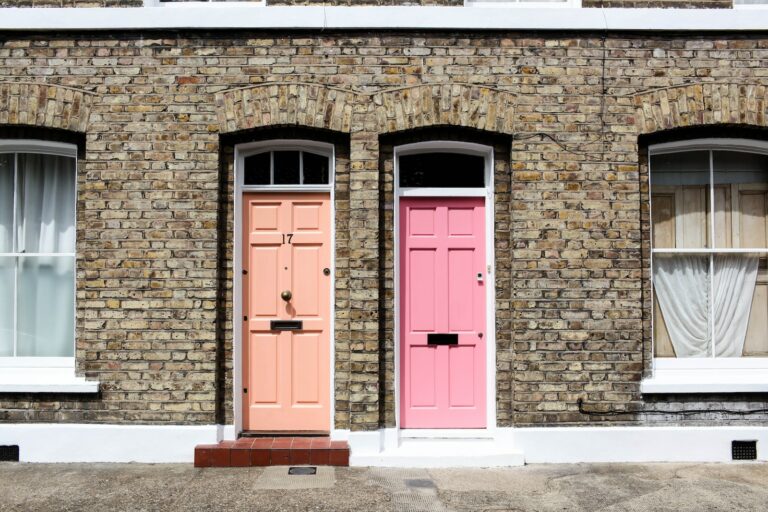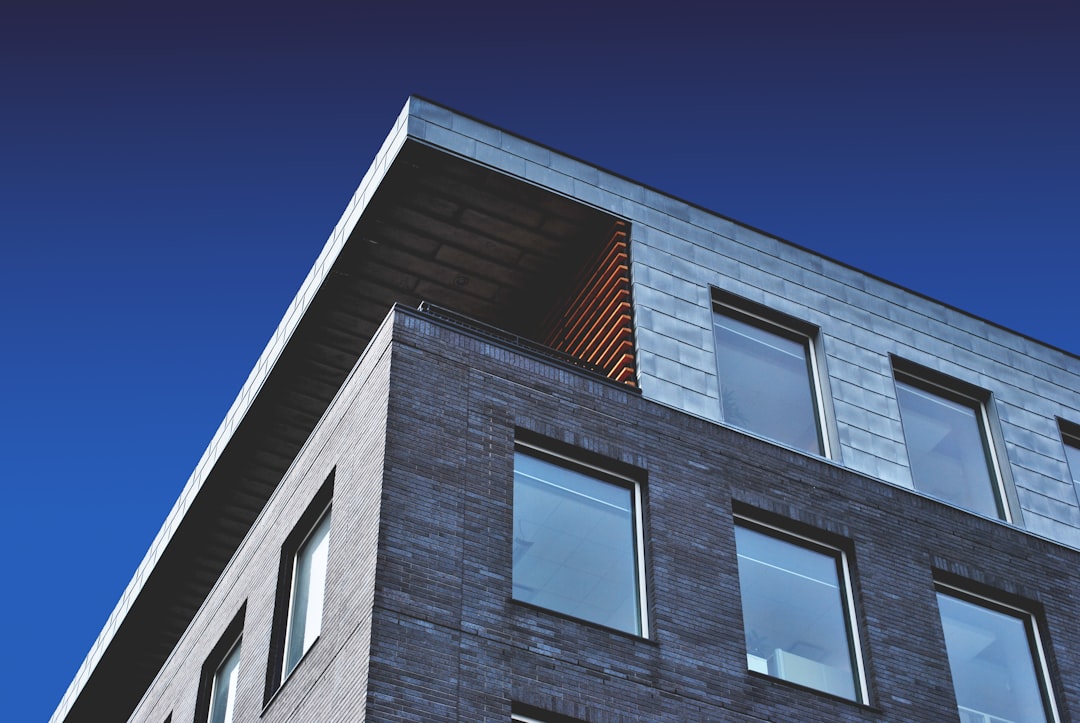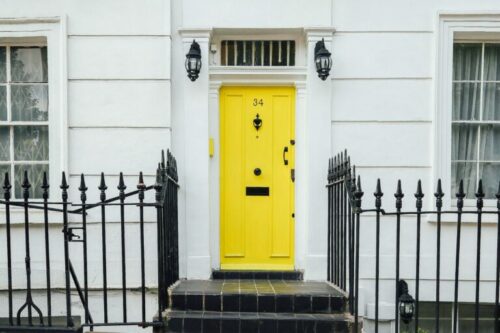The Process of Buying a Property in London
Are you looking to buy a property in London? If so, this article will cover the process of buying a property in London, from choosing your location to making an offer, as well as the costs involved.
First, let’s look at the process of buying a property in London. There are six steps involved in the process:
- Choose your location
- Find a property
- Get a mortgage
- Make an offer
- The exchange of contracts
- Completion
Now let’s take a more detailed look at each of these steps.
When choosing your location, you need to consider transport links, schools and education, and other amenities that are important to you. Once you have decided on a location, you can start searching for a property. There are many different ways to search for a property, including online portals such as Rightmove and Zoopla, or using a buying agent.
Once you have found a property that you like, the next step is to get a mortgage. You will need to provide proof of income and assets and undergo a credit check. The mortgage lender will also carry out a valuation of the property.
Once you have been approved for a mortgage, you can make an offer on the property. The offer is usually made through the estate agent acting on behalf of the seller. Once the offer is accepted, the next step is the exchange of contracts. This is when both the buyer and the seller sign the contract and pay a deposit (usually 10% of the purchase price). The exchange of contracts is legally binding, so once this step has been completed, both parties are committed to going ahead with the sale.
The final step is completion, which is when the buyer pays the remaining balance of the purchase price and officially becomes the owner of the property. Completion can take place on any day that is agreed upon by both parties, but it is usually within four to six weeks of the exchange of contracts.
Now that we have covered the process of buying a property in London, let’s look at some of the costs involved. When buying a property in London, you will need to pay Stamp Duty Land Tax (SDLT), legal fees, surveys and reports, and moving costs.
SDLT is payable on properties over £125,000 in England and Northern Ireland (and £145,000 in Wales), and is calculated as follows:
- 2% on properties between £125,000-£250,000
- 5% on properties between £250,000-£925,000
- 10% on properties between £925,000-£1.5 million
- 12% on properties over £1.5 million
For example, if you were buying a property in London for £500,000, you would need to pay SDLT of £15,000 (2% x £250,000 + 5% x £250
Step 1: Choose Your Location
Consider the following factors when choosing a location:
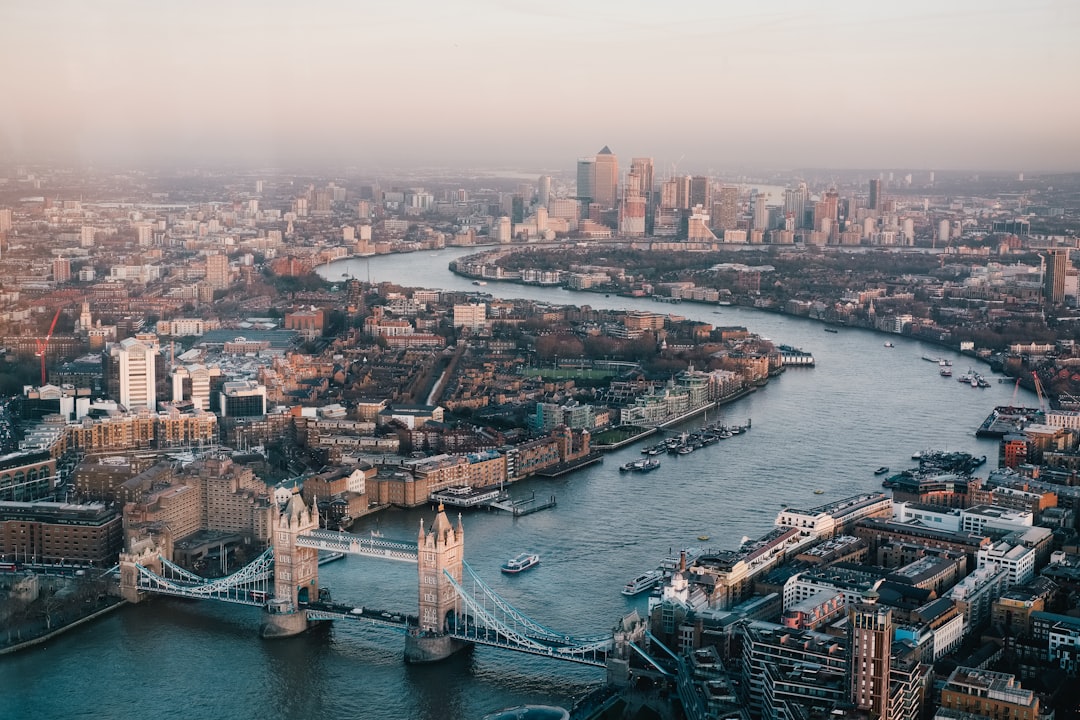
- Proximity to public transport: London is a large city with an extensive public transport system. However, depending on where you live, you may have to rely on bus or tube (subway) travel to get around. If you want to be close to central London, make sure to check the public transport links before buying a property.
- Crime rate: London is generally a safe city, but like any large metropolitan area, there are some areas that are more dangerous than others. Research the crime rates for different areas before making a decision.
- Cost of living: London is an expensive city, but costs can vary widely depending on the neighborhood you choose to live in. If you want to save money, look for areas that are further away from the city center or have lower rent prices.
- Lifestyle: London is a cosmopolitan city with something for everyone. Do some research on different areas to find one that suits your lifestyle. For example, if you want to be close to nightlife and restaurants, look for an area like Brixton or Shoreditch. If you prefer a more laid-back lifestyle, try neighborhoods like Hampstead or Richmond.
Step 2: Find a Property

The most popular way is to use an estate agent. However, this can be an expensive option, and you may not always find the best deals this way.
Another option is to search for properties online. This can be a great way to find properties that are not listed with an agent, and you can often find good deals this way.
There are also a number of websites that list properties for sale in London. These can be a great resource if you are looking for a specific type of property, or if you want to search for properties in a specific area.
Finally, you can also contact a property lawyer or solicitor in London. They will be able to help you find properties that meet your specific requirements, and they can also provide advice on the legal process of buying a property in London.
Step 3: Get a Mortgage
It’s time to get a mortgage once you’ve decided on the property you want to buy. Applying for a mortgage can be daunting, but it will be much easier if you know what to expect. Find a mortgage lender by shopping around and comparing rates.
You can use a broker to help you find the best deal. Fill out an application with information about your income, debts, and assets. The lender will use this information to determine how much they are willing to lend you. After you submit your application, the lender will order a credit report and an appraisal of the property you’re interested in buying.
The lender will also verify your employment and income. If your loan is approved, you’ll need to sign a mortgage contract and make a down payment on the property. The down payment is typically 20% of the purchase price of the home.
Once you make your down payment, the lender will provide you with the funds for the remainder of the purchase price. You’ll then need to make monthly payments on your mortgage until it is paid off. The length of your mortgage will depend on the terms of your loan, but most mortgages are 15 or 30 years.
Step 4: Make an Offer
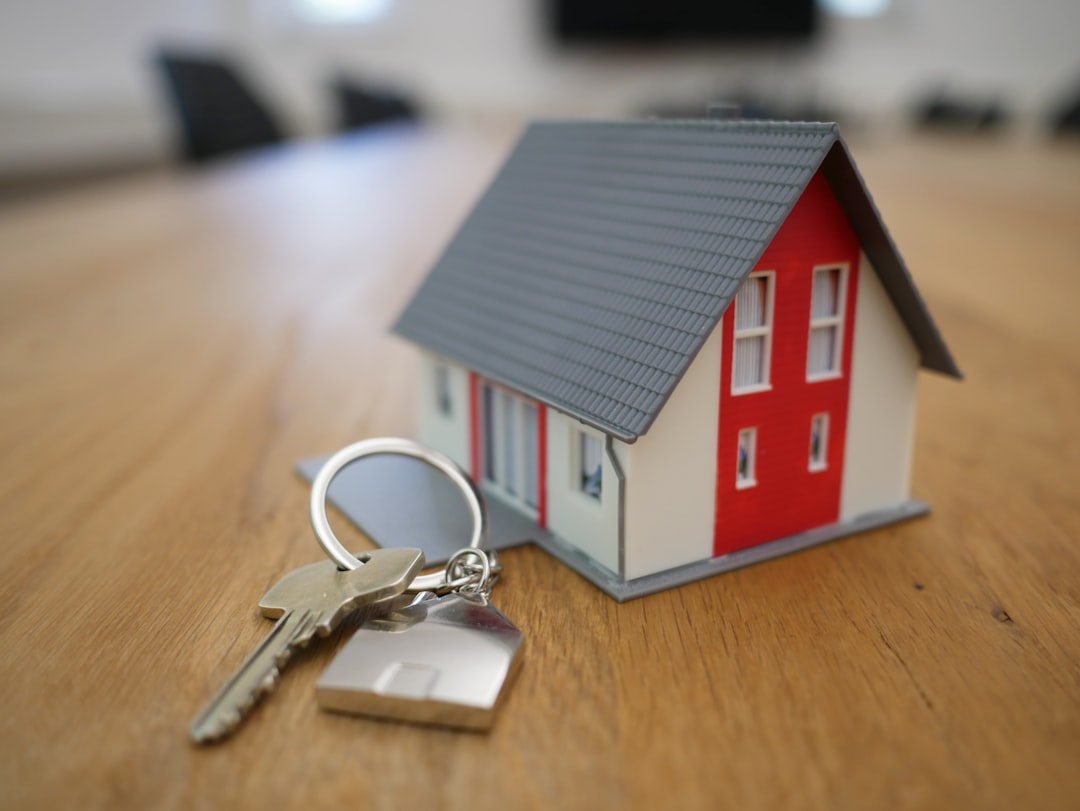
If the offer is rejected, you can either make a higher offer or walk away from the deal. If the offer is accepted, then you will start working on the paperwork for the purchase through a solicitor or conveyancer.
Step 5: The Exchange of Contracts
Once you have found a property you wish to purchase, you will need to agree on a price with the seller. Once the price is agreed upon, both the buyer and the seller will sign a contract (also known as a “deed of sale”). The contract will state the agreed-upon purchase price, as well as any other important details about the property transaction.
Once the contract is signed, the buyer will pay a deposit to the seller. The amount of the deposit varies but is typically 10% of the purchase price. Once the deposit is paid, the transaction is considered “locked in”, meaning that both the buyer and the seller are legally obligated to follow through with the sale.
The next step is known as the “exchange of contracts”. This is when the buyer and the seller each sign their own copy of the contract, and then exchange them with each other. At this point, both parties are legally obligated to complete the sale.
Once contracts are exchanged, both parties will typically have a “cooling off” period of 2-3 days. This is a grace period in case either party decides they do not want to go ahead with the sale for any reason. If either party decides to back out during this period, they will forfeit their deposit.
After the cooling-off period has ended, it is time for “completion”. This is when the balance of the purchase price is paid to the seller, and ownership of the property officially transfers to the buyer. At this point, keys can be picked up, and moving in can commence!
Step 6: Completion
After you have found the right property and your offer has been accepted, it’s time to move to the final stage of the process: completion.
Completion is when the sale of the property is officially completed and you become the new owner. The day of completion is usually set when both parties agree on a date, but it can also be set by the court if the case goes to trial. On the day of completion, the balance of the purchase price is paid to the seller (or their solicitor/conveyancer) and you will get the keys to your new property.
Before completion, you will need to:
- Instruct a solicitor or conveyancer to act on your behalf. They will handle all of the legal aspects of buying a property in London. Get a mortgage offer from a lender. You will need this to confirm how much money you will be able to borrow to buy the property. Arrange for a surveyor to assess the condition of the property. This is important so that you are aware of any repair work that may need to be carried out.
- Get building insurance for your new property. This is mandatory if you have a mortgage and it will protect your home in case of damage or theft. You should also be prepared for some last-minute costs, such as stamp duty (a tax on property purchases) and legal fees. Your solicitor or conveyancer will be able to give you an estimate of these costs.
The Cost of Buying a Property in London
The cost of buying a property in London can vary depending on the size and location of the property, as well as the current market conditions. However, there are some general rules of thumb that buyers can use to estimate the cost of purchasing a property in London. For example, the average price for a one-bedroom flat in London is around £350,000, while the average price for a three-bedroom house is around £700,000.
Buyers can also expect to pay stamp duty on properties worth more than £125,000, which is currently set at 2% of the property’s value. Additionally, buyers should budget for other associated costs such as legal fees, surveyors’ fees, and mortgage application fees. It is also important to remember that properties in London tend to be more expensive than properties in other parts of the UK, so buyers should be prepared to budget accordingly.
Stamp Duty Land Tax
Stamp duty land tax (SDLT) is a tax that is charged on the purchase of property in the United Kingdom. The amount of SDLT that is payable depends on the value of the property and the type of property that is being purchased.
SDLT is calculated as a percentage of the purchase price of the property. Additional information about SDLT can be found on the website of HM Revenue & Customs.
For residential property, the SDLT rates are:
- 0% on properties worth up to £125,000
- 2% on properties worth between £125,001 and £250,000
- 5% on properties worth between £250,001 and £925,000
- 10% on properties worth between £925,001 and £1.5 million
- 12% on properties worth over £1.5 million
For non-residential property, the SDLT rates are:
- 0% on properties worth up to £150,000
- 2% on properties worth between £150,001 and £250,000
- 5% on properties worth between £250,001 and £925,000
- 10% on properties worth between £925,001 and £1.5 million
- 12% on properties worth over £1.5 million
The government has introduced a number of measures to help first-time buyers with the cost of SDLT. From April 2016, first-time buyers will not have to pay any SDLT on properties worth up to £300,000. For first-time buyers purchasing a property worth between £300,001 and £500,000, they will only have to pay 5% SDLT on the portion of the purchase price above £300,000.
Legal Fees
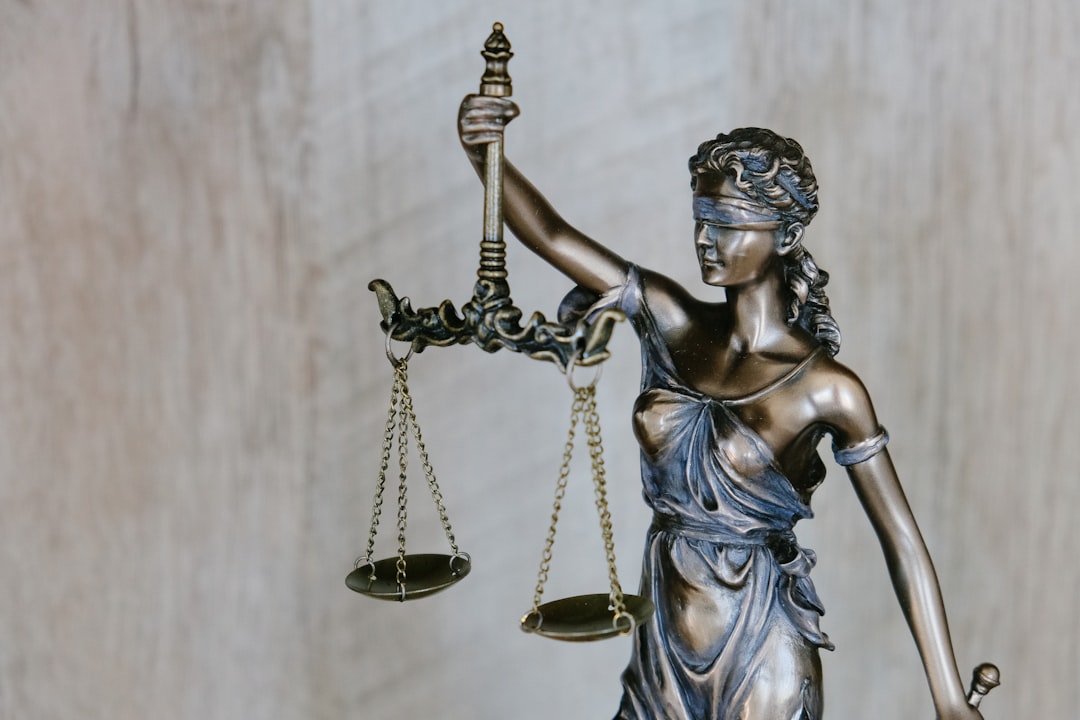
These can include everything from solicitors’ fees and stamp duty to surveyors’ fees and mortgage arrangement fees. The best way to get an accurate estimate of the costs involved is to speak to a qualified solicitor or conveyancer. They will be able to advise you on the likely costs involved in your specific case and help you budget for your purchase.
Surveys and Reports
If you’re buying a property in London, it’s important to budget for a number of surveys and reports. These will help you understand the condition of the property, as well as any potential issues that could affect its value.
A standard homebuyer’s report will assess the condition of the property, highlighting any major defects. It’s important to note that this type of report is only a snapshot of the property at the time of the survey, so it’s possible that problems could arise in the future.
If you’re buying a leasehold property, you’ll also need to commission a leasehold information pack. This will provide important information about the lease, such as how long it has to run and what the service charges are. It’s also worth getting a valuation report if you’re taking out a mortgage, as this will give you an independent assessment of the property’s value.
Moving Costs
The cost of moving to London can be expensive, but there are ways to keep costs down. Here are some tips on how to save money when buying a property in London:

- Look for properties that need some work. Properties that need repairs or updating can be cheaper than those that are in perfect condition. This can help you save money on your purchase, as well as give you the opportunity to add your own personal touch to your new home.
- Consider using a buyers’ agent. A buyers’ agent can help you find the right property and negotiate the best price on your behalf. This can save you a lot of time and money, as well as stress.
- Think about your location carefully. The closer you are to the city center, the more expensive properties will be. If you’re willing to live a little further out, you could save yourself a lot of money. Consider areas like east London, which is becoming increasingly popular with young professionals and families.
- Be prepared to compromise. When you’re buying a property, it’s important to be realistic about what you want and what you can afford. If you’re flexible on certain things, such as the size of the property or the location, you could end up saving yourself a lot of money.
Things to Consider Before Buying a Property in London
When it comes to buying a property in London, there are a few things you need to take into account.
The first is your budget. In London, prices for properties can range from a few hundred thousand pounds to several million, so you need to make sure you have your finances in order before making any offers.
The second thing to consider is the location. London is a huge city and each borough has its own unique character. Do your research and decide which area of London you would like to live in before starting your search for the perfect property.
Once you have considered your budget and the location you would like to live in, the next step is to start searching for properties. There are a number of ways to do this, including using estate agents, searching online listings, or attending open days.
When you find a property you like, the next step is to make an offer. Once your offer has been accepted, you will need to exchange contracts and pay a deposit. Once this is done, the property is legally yours and you can start arranging for the moving process.
Transport Links
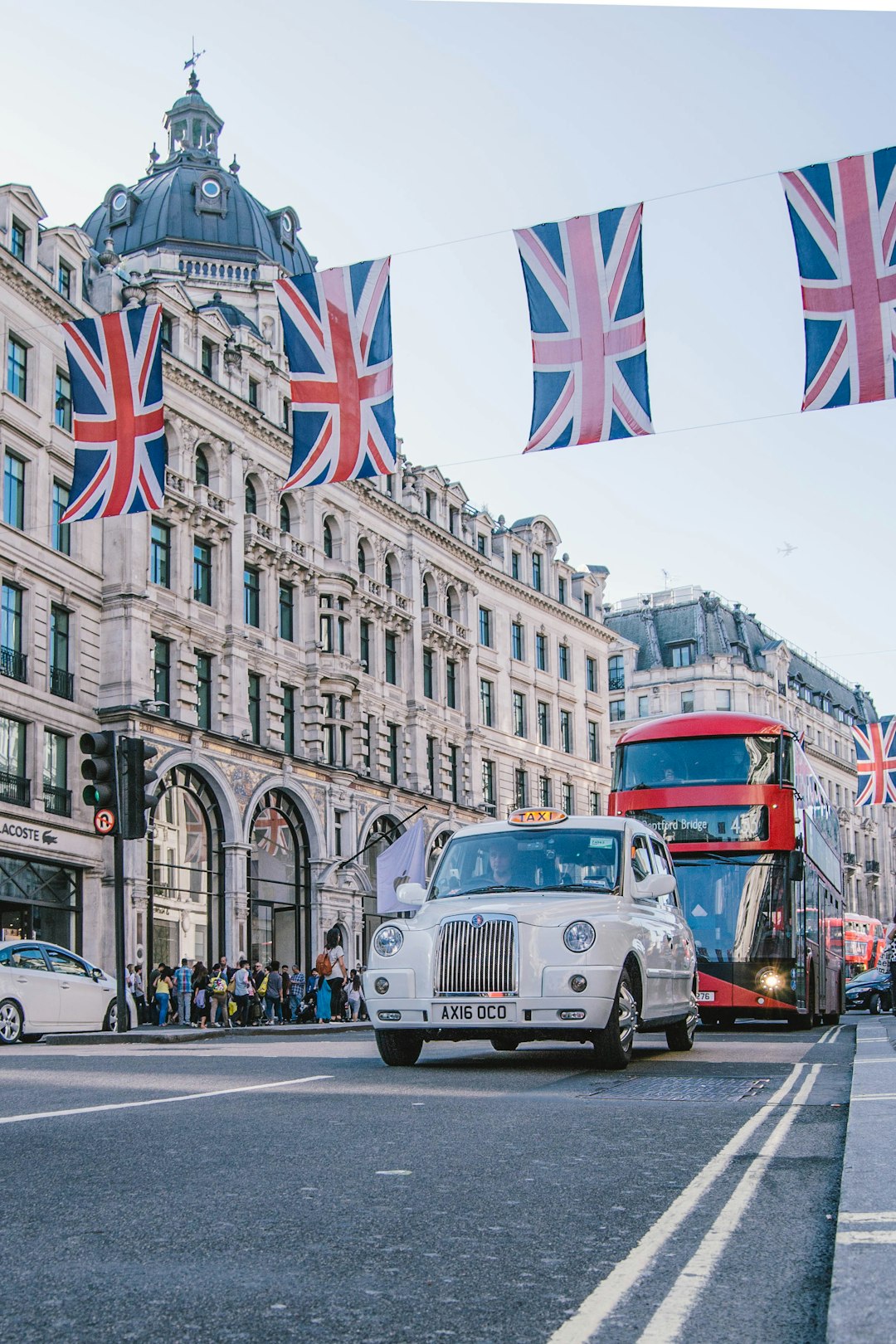
However, it is worth noting that congestion charges apply in some areas of the city. -You can also use the bus system to get around London. This is a great option if you want to explore different parts of the city.
Schools and Education
There are many excellent schools in London, both state and private, which cater to children of all ages and abilities. The process of finding and applying for a school place can be daunting, but there is plenty of help and support available.
The first step is to decide whether you want your child to attend a state or private school. State schools are free to attend, while private schools charge fees. Both types of schools offer a high standard of education, but private schools may have smaller class sizes and more individual attention for each child.
If you opt for a state school, you will need to apply through your local authority. Places are allocated based on catchment areas, so you will have a better chance of getting a place if you live closer to the school. You can also apply for places at other state schools outside of your catchment area, but there is no guarantee that you will be offered a place.
If you would like your child to attend a private school, you will need to contact the school directly to arrange an application. Fees vary depending on the school, but they can be very expensive. Some private schools offer scholarships and bursaries to help families with the costs.
Once you have decided which type of school you would like your child to attend, the next step is to research the options and make a list of your preferred schools. Visit each school’s website and find out more about their admissions criteria, curriculum, and extra-curricular activities. If possible, arrange to visit the schools in person so that you can get a feel for the atmosphere and meet some of the staff and students.
The final step is to submit your applications by the deadline. You will usually need to provide copies of your child’s birth certificate, passport, and previous school reports, as well as evidence of your address and income if you are applying for a state school place. The admissions process can be competitive, so it is important to put your best foot forward and showcase why your child would be a good fit for the school.
